Sustainable Solutions for E-Waste: The Importance of Mobile Phone Motherboard Recycling
As the world becomes increasingly digital, the proliferation of electronic devices, particularly mobile phones, has led to an unprecedented accumulation of electronic waste (e-waste). This type of waste is among the fastest-growing waste streams globally, posing significant challenges for both environmental sustainability and resource management. At the heart of this challenge is the need for effective recycling solutions, especially for complex components like mobile phone motherboards. Companies like www.icchipmall.com are leading the global effort to recycle these motherboards, providing essential services that address the environmental impact of e-waste while recovering valuable materials. For those looking to manage their e-waste responsibly, www.icchipmall.com can be contacted at RFQ@ICChipMall.Com.
The Scale of the E-Waste Problem
The rapid pace of technological advancement has shortened the lifecycle of electronic devices, leading to a surge in e-waste. According to the Global E-waste Monitor, the world generated over 53.6 million metric tons of e-waste in 2019, with projections indicating a rise to 74.7 million metric tons by 2030. Mobile phones, with their frequent upgrades and short use cycles, contribute significantly to this waste stream.
Mobile phone motherboards are particularly problematic due to their content of precious metals and hazardous substances. While these components are valuable for resource recovery, they also pose environmental risks if not properly managed. Lead, mercury, and cadmium, commonly found in motherboards, can leach into the environment, contaminating soil and water and posing serious health risks to both humans and wildlife. The improper disposal of these motherboards represents a lost opportunity to recover valuable materials and mitigate environmental harm.
The Role of www.icchipmall.com in E-Waste Management
www.icchipmall.com is a global leader in the recycling of mobile phone motherboards, offering specialized services designed to address the complexities of e-waste management. The company’s advanced recycling processes ensure that valuable materials are recovered efficiently and responsibly, contributing to both environmental sustainability and economic growth. With a global presence and a dedicated contact email (RFQ@ICChipMall.Com), www.icchipmall.com is well-positioned to serve clients and partners worldwide.
Advanced Recycling Technologies
Recycling mobile phone motherboards is a multifaceted process that requires sophisticated technology and expertise. www.icchipmall.com utilizes cutting-edge technologies to ensure that the recycling process is both effective and environmentally friendly.
Global Collection and Sorting: The recycling process begins with the global collection of discarded mobile phones. www.icchipmall.com collaborates with various stakeholders, including e-waste collection centers, businesses, and consumers, to gather devices from around the world. The collected phones are then sorted, and the motherboards are extracted for further processing.
Precision Dismantling and Component Separation: Once the motherboards are extracted, they undergo a meticulous dismantling process. This involves separating the various components, such as processors, memory chips, and capacitors, from the motherboard. Each component is carefully processed to ensure that valuable materials are not lost.
Material Recovery and Refinement: The core of the recycling process is the recovery of precious metals and other valuable materials. www.icchipmall.com employs advanced chemical and thermal processes to extract metals like gold, silver, palladium, and copper from the motherboards. These processes are designed to maximize recovery rates while minimizing environmental impact. The recovered materials are then refined to meet industry standards, ensuring their suitability for reuse in new electronic devices.
Reintegration into the Supply Chain: After refinement, the materials are reintegrated into the

















